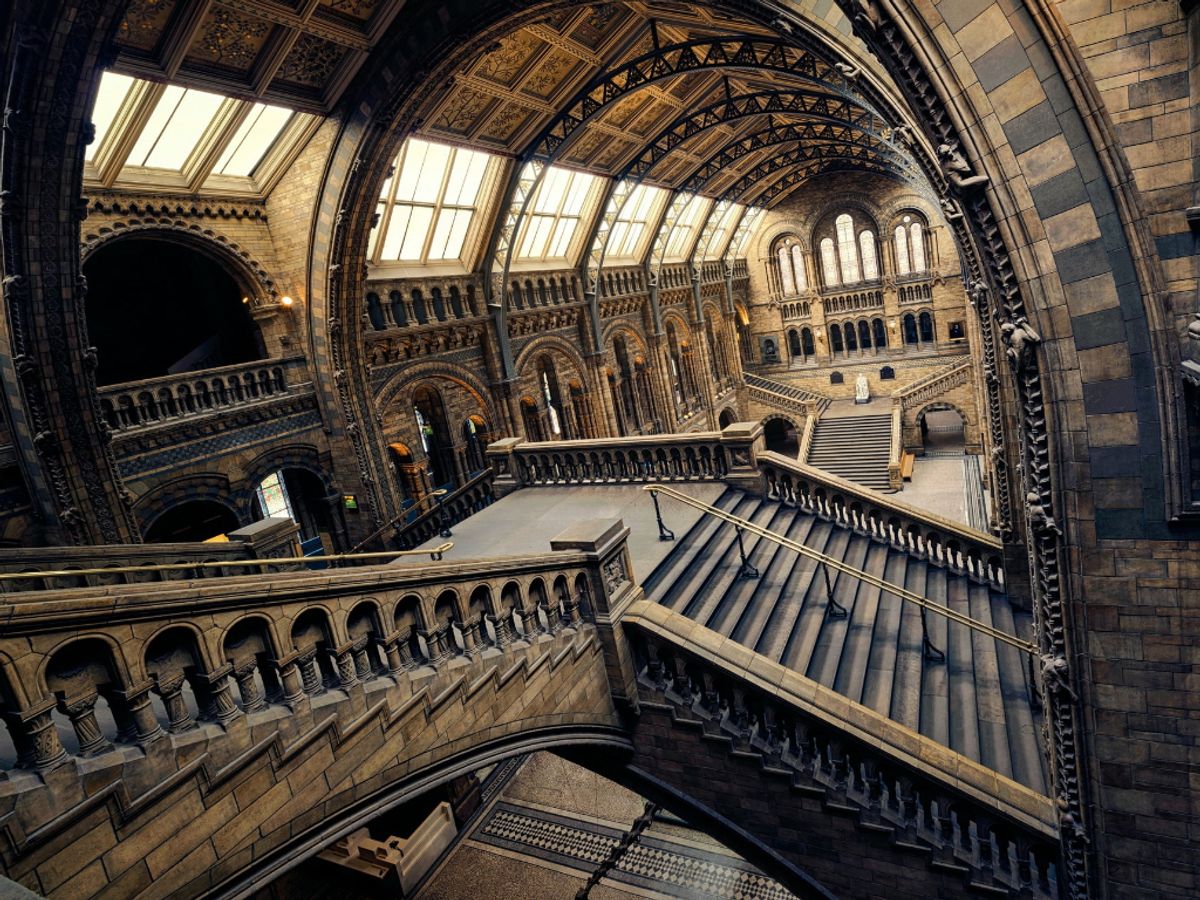The £1.5bn government support package for the UK arts sector is “too little too late” according to a committee of members of parliament (MPs), who say the country could become a “cultural wasteland” in the wake of the coronavirus crisis.
Their findings and recommendations were published yesterday in a report entitled The Impact of Covid-19 on DCMS sectors, which concludes that under Prime Minister Boris Johnson the government was “slow to respond to the needs of the sectors under the Department for Digital, Culture, Media and Sport’s (DCMS) remit during the Covid-19 outbreak”.
The DCMS cross-party committee has 11 members including the Labour MPs Alex Davies-Jones and Kevin Brennan, along with the Conservative MP Julian Knight (chair). It launched its inquiry in April, gathering evidence from creative industries representatives to determine the impact of the pandemic on the digital, culture, media and sports sectors.
The committee MPs were encouraged by the government’s announcement on 5 July of a £1.57bn support package for cultural, arts and heritage institutions. However, “currently there is little detail on how this support will be distributed… It is also regrettable that it took so long for the package to be announced, as the uncertainty inevitably led to closures and redundancies in the cultural sector that might otherwise have been avoided,” the report says.
Crucially, the report points out that tourism powers the economy and is the UK's third largest service export. “Before the pandemic, [the tourism organisation] VisitBritain forecast that the UK would see international visitor numbers totalling 39.7 million in 2020, with visitors spending £26.6bn. By mid-April, revised forecasts were down by more than 50%,” the MPs say. The government must utilise advertising and “enhanced data tools” to promote staycations in the UK and stimulate the return of domestic tourists to coastal towns and visitor attractions, they add.
This dramatic fall in international visitors will have a detrimental impact on museums and galleries across the country, which are being hit hard. These organisations face an end to the coronavirus job retention scheme in October and may have largely depleted their financial reserves, opening at a reduced capacity with social distancing measures in place, the MPs say.
“To secure collections at risk from museum insolvencies, the DCMS should introduce a temporary change to legislation to ensure that if an accredited museum becomes insolvent as a result of the Covid-19 crisis, the institution’s collections cannot be liquidated for financial assets for the first 12 months,” the report adds.
Another consequence of the pandemic is the impact on diversity and inclusion within the cultural sector. Dave O’Brien from the University of Edinburgh told the committee that the creative industries workforce remains “highly exclusive” because of “the role of social networks, [and] the need for financial resources to support low or no-pay jobs and business risk taking.”
Covid-19 will unquestionably make these issues worse, he stressed. “There will be fewer cultural organisations, whether in the arts, in media, music, film and TV, publishing, or in museums. There will be fewer job and project opportunities.”
The MPs subsequently make 30 recommendations. The funding safety net is not extensive enough, raising concerns that freelancers and small companies will continue to fall through the gaps of government support, they emphasise. They underline, for instance, that the performing arts needs a sector-specific deal that provides continued support for cultural workers including freelancers.
Significantly, lessons must be learnt from Arts Council England’s emergency funding initiative when it comes to distributing the additional government support, they add. “Support cannot be limited to organisations with a track record of public funding.” The government has two months to respond to the report.
A DCMS spokesperson told the Independent newspaper: “Our £1.57bn investment is the largest ever one-off cash injection into culture in this country. We have also worked with our arms-length bodies on additional emergency packages and provided billions in support to charities to help those most in need. We will respond in detail to the select committee’s report in due course.”


